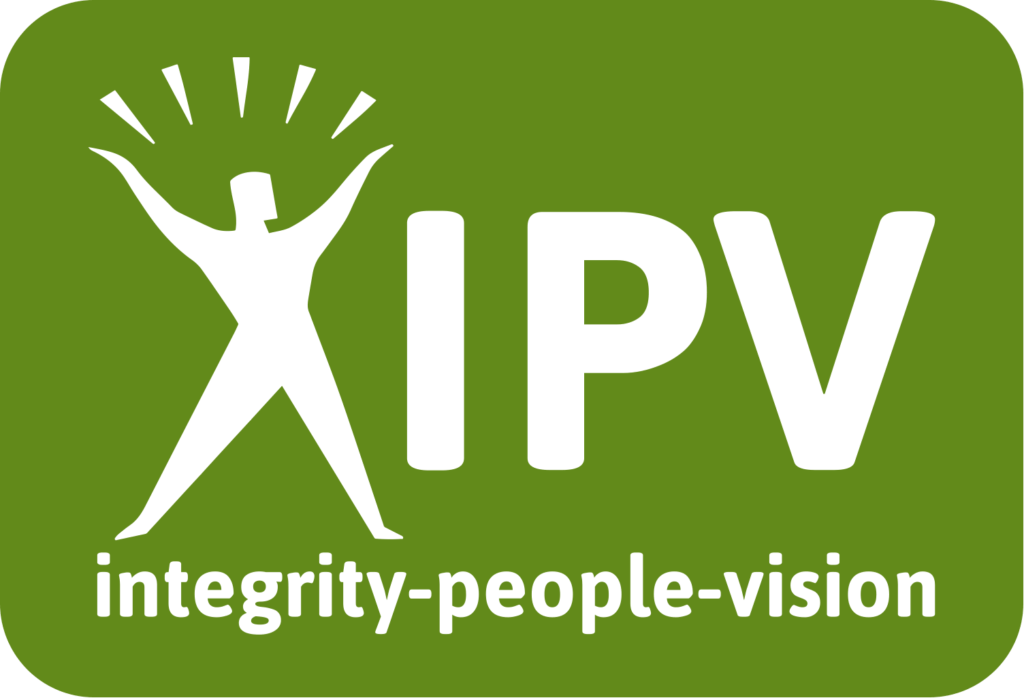
In the fast-paced and competitive world of business, creating a corporate culture that promotes an ‘attitude of gratitude’ might seem like a soft or optional initiative. However, research shows that a culture of gratitude can have a profound impact on an organization’s success, as well as on the well-being of its employees.
Let’s explore the following benefits and methods of fostering a culture of gratitude in the workplace:
- Medical or Physical Benefits
- Mental Wellness
- Performance in the Workplace
- Methods of Implementation
Medical or Physical Benefits
- Reduced Stress Levels:
One of the key medical benefits associated with a culture of gratitude is reduced stress levels among employees. Grateful individuals tend to experience lower levels of cortisol, the stress hormone. In the workplace, lower stress levels can lead to a decrease in stress-related illnesses and absenteeism, ultimately resulting in lower healthcare costs for both employees and employers.
- Enhanced Immune Function:
Gratitude has been linked to improved immune function. When employees feel valued and appreciated, their bodies are better equipped to fight off illnesses. This can lead to fewer sick days, higher productivity, and a healthier workforce, resulting in significant medical benefits for the organization.
Mental Wellness
- Improved Mental Health:
Fostering a culture of gratitude can have a profound impact on the mental wellness of employees. When individuals regularly express and receive gratitude, it can reduce symptoms of depression and anxiety. Employees who feel appreciated are more likely to experience a positive sense of well-being, which can lead to increased job satisfaction and engagement.
- Increased Resilience:
Grateful individuals tend to be more resilient in the face of adversity. In a workplace that encourages gratitude, employees are better equipped to cope with stress and setbacks. This resilience can lead to a more positive outlook, reduced burnout, and improved mental health for employees.
Performance in the Workplace
- Enhanced Employee Engagement:
A culture of gratitude is closely linked to higher levels of employee engagement. When employees feel appreciated and valued, they are more motivated to give their best effort and go the extra mile. Engaged employees are more likely to stay with the organization, resulting in reduced turnover and the associated costs.
- Increased Productivity:
Grateful employees tend to be more productive. When employees feel acknowledged for their contributions, they are more inclined to put in the effort to excel in their roles. Increased productivity translates into higher-quality work, faster project completion, and improved overall performance.
- Stronger Team Collaboration:
Gratitude can foster a sense of camaraderie and teamwork among employees. When individuals express appreciation for their colleagues’ efforts, it creates a positive and supportive work environment. This, in turn, leads to better collaboration, communication, and problem-solving within teams.
Implementing a Culture of Gratitude
To create a corporate culture with an attitude of gratitude, organizations can take several steps:
- Lead by Example:
Leaders and managers should set the tone by expressing gratitude to their employees regularly. Leading by example encourages others to follow suit.
- Implement Recognition Programs:
Establish formal recognition programs that acknowledge and reward employees for their contributions and achievements.
- Encourage Peer-to-Peer Recognition:
Promote a culture where employees express gratitude and appreciation for each other’s efforts and successes. Peer-to-peer recognition can be just as powerful as top-down recognition.
- Foster Open Communication:
Create an environment where employees feel comfortable sharing their ideas and concerns. Encourage transparent and open communication to build trust and strengthen relationships.
- Provide Training and Resources:
Offer training and resources on the importance of gratitude and how to incorporate it into daily work routines.
- Consider Team Huddles:
Weekly opportunities to spend 15-20 minutes sharing goals for the week ahead and words of gratitude for the past week.
A culture of gratitude in the workplace offers a multitude of benefits, including improved health, mental wellness, and superior performance. By fostering an attitude of gratitude, organizations can create a more positive and productive work environment, resulting in a happier and healthier workforce. The investment in building a culture of gratitude is not just a feel-good initiative; it’s a strategic move that can lead to long-term success and prosperity for both employees and the organization as a whole.





